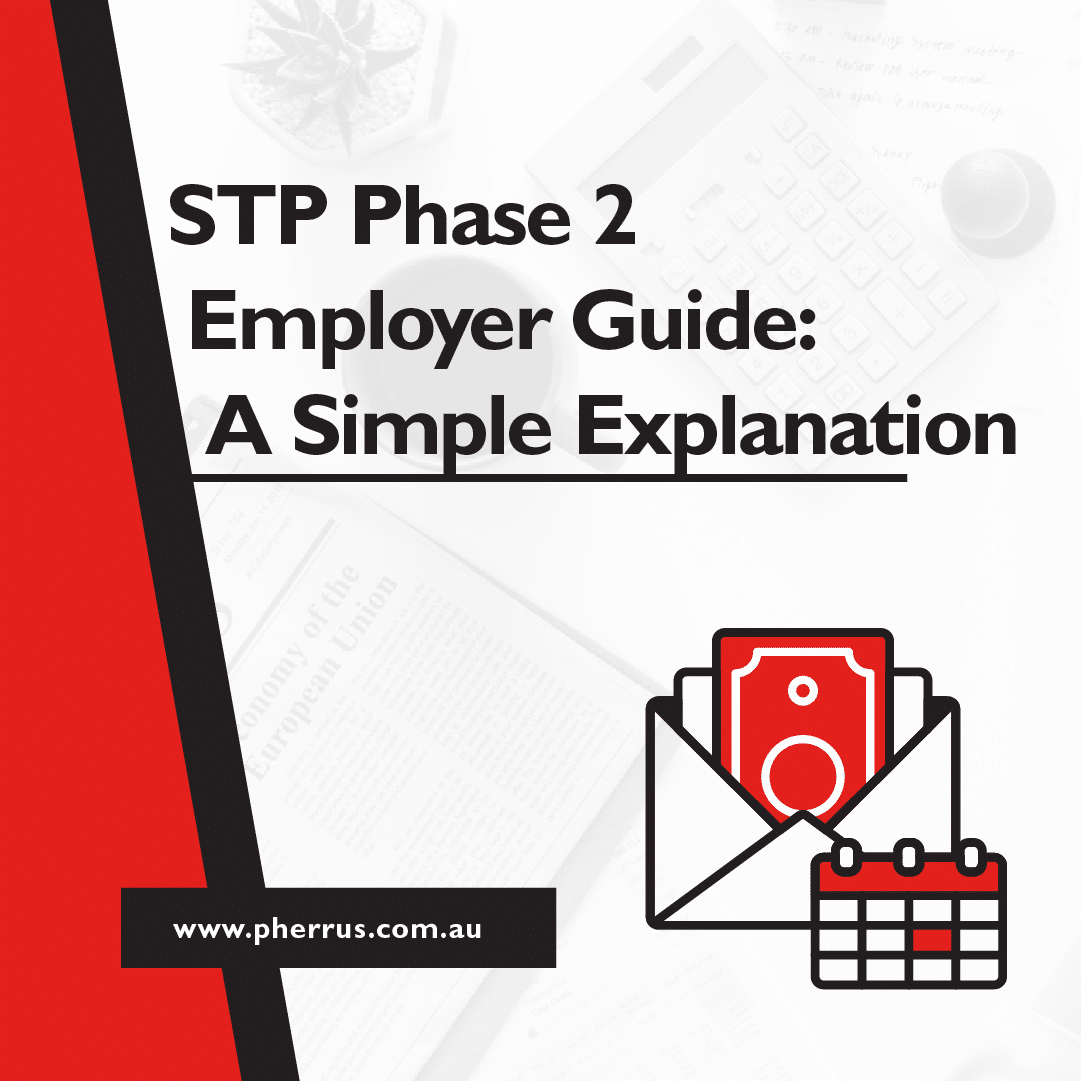In the 2015-16 financial year, the newly introduced taxable payments reporting system (TPRS) safeguarded an estimated $2.7 billion in the building and construction industry from being swallowed up by the black economy. Now, other industries perceived as ‘high risk’ are on the ATO’s radar.
For the financial year 2018-19, services businesses – such as couriers, cleaners, and security providers – will have to update their processes to adhere to new reporting requirements.
Let’s take a closer look at the taxable payments reporting system and how it may impact your business.
What is the taxable payments reporting system?
The taxable payments reporting system requires some businesses to report specific information to the ATO regarding payments they’ve made to contractors for a given service. This information must be delivered each year (for the 2018-19 financial year, the deadline is 28 August) through the Taxable payments annual report (TPAR).
The goal of the TRPS is to address the following tax-related issues:
- The failure to lodge tax returns altogether
- The failure to include all income in tax returns
- The failure to comply with goods and services tax obligations
How has the TPRS changed?
The crackdown on the building and construction industries began in the 2012-13 financial year. The new reporting system was so effective that TPRS obligations have now been extended to other industries perceived as ‘high risk’, including :
- Cleaning
- Courier
- Road freight
- Security
- Information technology
- Investigation and surveillance
Businesses and sole traders operating in these fields will need to lodge a TPAR with the ATO by 28 August 2019.
‘For the financial year 2018-19, businesses that supply courier or cleaning services need to report payments made to contractors they use to deliver those courier or cleaning services using the taxable payments annual report’, said ATO Assistant Commissioner Peter Holt in a statement.
‘This will need to cover all relevant transactions from July 1, 2018, to June 30, 2019’, he said.
Mr Holt noted just how effective the TPRS is in ensuring tax compliance, and, as a result, increasing revenue and protecting a significant amount of money.
He continues, “TPRS strengthens our ability to match income tax returns from contractors against what businesses report paying, allowing us to detect those trying to hide income and evade tax.”
For individuals and businesses trying to evade tax obligations, under this new system, non-compliant activities will no go unnoticed.
‘If you’re not meeting your tax obligations, there will be consequences’, Mr Holt concluded.
What you need to include in your TPRS
If you are required to lodge a TPAR under the new system, you’ll need to include the details of payments you made to contractors for providing services. Contractors may consist of consultants, subcontractors, and independent contractors operating as either a business or sole trader.
The information the ATO wants is generally found on the invoice you received from the contractor, such as their ABN, name, address, and the amount you paid. This information is then used by the ATO to identify contractors who have failed to meet their tax obligations.




